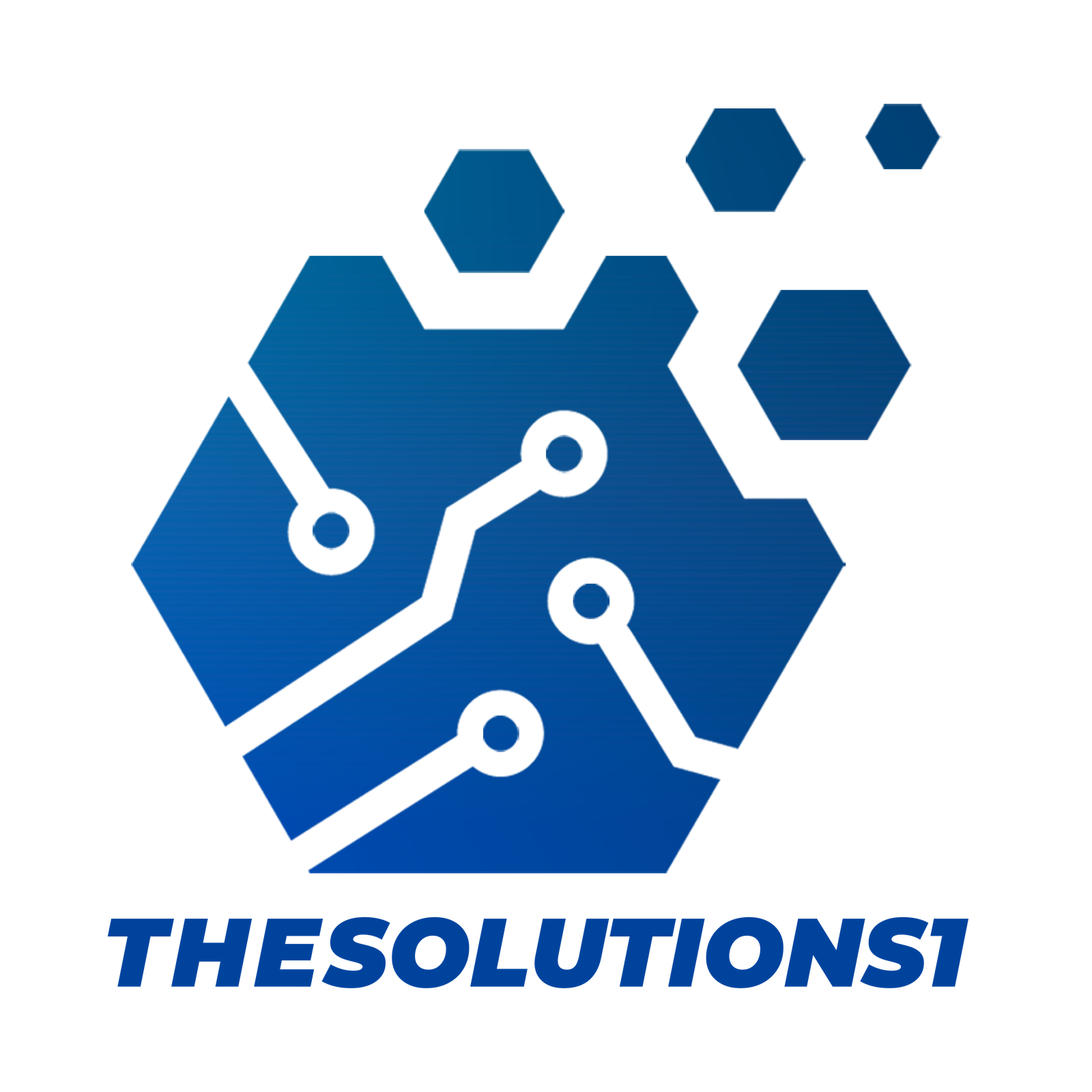1. Interpersonal Skills
Interpersonal skills are the bedrock of effective collaboration and teamwork. DevOps engineers work in multidisciplinary teams, interacting with developers, IT operations staff, quality assurance professionals, and other stakeholders.
DevOps engineers with excellent interpersonal skills can:
- Bridge the gap between teams by fostering mutual understanding and cooperation.
- Facilitate cross-functional communication, ensuring everyone is on the same page and working towards common goals.
- Resolve conflicts and navigate through challenging situations diplomatically, leading to smoother workflows.
2. Agile Methodologies
Agile methodologies are at the core of DevOps practices. DevOps teams often rely on Agile principles to streamline development processes, iterate rapidly, and respond to changing requirements. DevOps engineers should be well-versed in Agile methodologies like Scrum, Kanban, or Lean to ensure their work aligns with the broader development and operational strategies.
Key aspects of Agile methodologies for DevOps engineers include:
- Embracing flexibility and adaptability to accommodate changes in project requirements.
- Active participation in Agile ceremonies like daily stand-ups, sprint planning, and retrospectives.
- Understanding the value of incremental releases and continuous improvement is essential for delivering software faster and with higher quality.
3. Organizational Skills
In the complex world of DevOps, organization is paramount. DevOps engineers are responsible for managing a multitude of tools, scripts, and configurations, all while ensuring that everything runs smoothly. Effective organizational skills are critical to maintaining order amidst the chaos.
Some organizational skills that DevOps engineers should possess include:
- Efficiently managing and documenting code repositories, configurations, and infrastructure as code (IaC) templates.
- Creating and maintaining a clear, structured release pipeline to automate deployments and minimize downtime.
- Prioritizing tasks and mastering time management to meet project deadlines.
4. Collaboration
Collaboration is the cornerstone of DevOps. DevOps engineers must collaborate with various teams, including developers, quality assurance, and IT operations, to ensure seamless software development and delivery. Effective collaboration leads to better integration, fewer bottlenecks, and faster deployments.
DevOps engineers can enhance their collaboration skills by:
- Actively participating in cross-functional meetings and discussions.
- Seeking input and feedback from team members to improve processes continuously.
- Empathizing with team members to understand their challenges and perspectives.
5. Communication
Clear and effective communication is paramount for DevOps engineers. They must convey technical information to non-technical stakeholders, explain complex issues, and collaborate effectively with team members. DevOps engineers often act as intermediaries between development and operations teams, making communication skills essential.
Key aspects of communication for DevOps engineers include:
- Clearly articulating technical concepts and issues to non-technical stakeholders.
- Active listening to understand the concerns and requirements of different teams.
- Providing regular updates on the status of deployments, releases, and system health.
6. Customer-Focused Approach
A customer-focused approach is essential for DevOps engineers in today’s customer-centric world. While they may not directly interact with end-users, DevOps engineers are critical in delivering a product that meets or exceeds customer expectations. Understanding the customer’s needs and priorities is key to achieving this.
DevOps engineers can adopt a customer-focused approach by:
- Collaborating with product managers and customer support teams to gather feedback and insights.
- Prioritizing tasks and improvements that directly impact the customer experience.
- Monitoring system performance and reliability to address issues that may affect customers proactively.
7. Proactive Problem Solving
DevOps engineers often face unexpected challenges and issues requiring quick resolution. Proactive problem-solving skills are crucial in such situations. Rather than waiting for issues to escalate, DevOps engineers should actively seek out and address potential problems before they become critical.
Ways to enhance proactive problem-solving skills include:
- Regularly monitoring system health and performance metrics to identify anomalies.
- Implementing automated alerts and notifications to detect and respond to issues quickly.
- Conducting post-mortems and root cause analyses to prevent recurring problems.
8. Decision-Making
Effective decision-making is the glue that holds together the various aspects of DevOps. DevOps engineers must often make critical decisions about system configurations, deployment strategies, and incident responses.
To improve decision-making skills, DevOps engineers can:
- Collect appropriate data and information to make informed decisions.
- Be cautious with the potential risks and benefits of different options.
- Interact with teams to gather diverse perspectives before making decisions.




